Center said in SC, SIMI was a threat to the country: it was trying to establish Islamic power, so it was banned
Center said in SC, SIMI was a threat to the country: it was trying to establish Islamic power, so it was banned

The Center on Wednesday filed an affidavit in the Supreme Court saying that the banned Student Islamic Movement in India (SIMI) organization is working secretly in the country and is also getting funds. The Center said that the aim of this institution is to establish Islamic power in the country and it cannot be allowed to do so under any circumstances.
The Ministry of Home Affairs has said in the affidavit that the evidence before us clearly shows that even after the ban on 27 September 2001, SIMI workers are meeting, holding meetings, hatching conspiracies, collecting ammunition and Indulging in acts that are subversive and may pose a threat to the sovereignty and territorial integrity of the country.
The Center said that they are in constant touch with their colleagues and their employers based in other countries. Their actions have the potential to destroy the peace and harmony of the country. The objectives of this organization are against the laws of this country of ours. Especially we cannot allow their goal of establishing Islamic power in the country to continue under any circumstances.
The Center has filed this affidavit in response to a petition challenging the ban imposed on the organization. This ban on SIMI was imposed under UAPA i.e. Unlawful Activities Prevention Act. Let us tell you that SIMI was established on 25 April 1977 at Aligarh Muslim University in Uttar Pradesh.
The Center said that every new member of SIMI is administered an oath in which it is said that they will work for the freedom of humanity and the implementation of Islamic order in the country. The Center also said that the constitution of this organization not only intends to destroy the integrity and integrity of this country but also wants to create a feeling of discontent among the people against India and its constitution.
For Latest News update Subscribe to Sangri Today's Broadcast channels on Google News | Telegram | WhatsApp

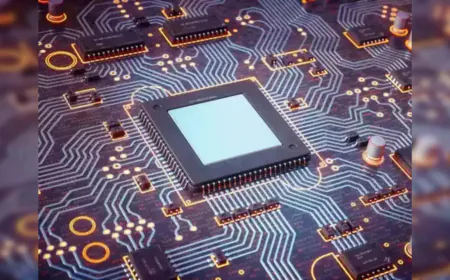
































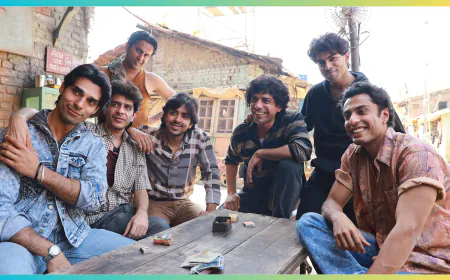








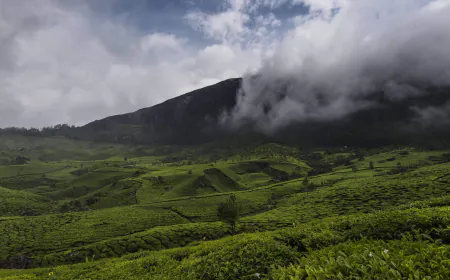












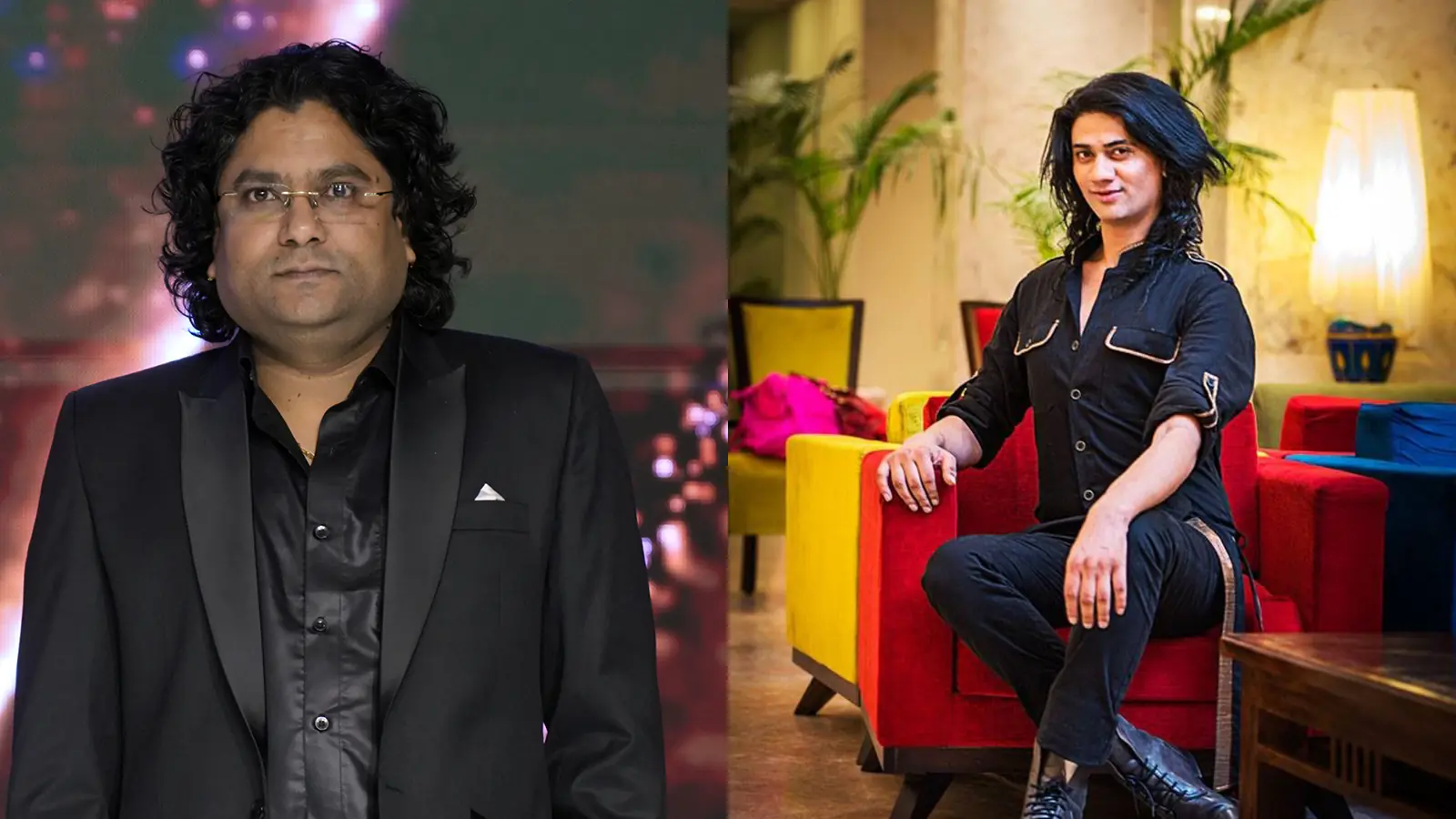





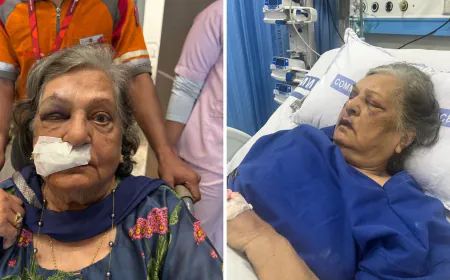


















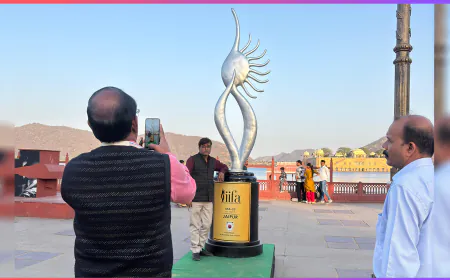
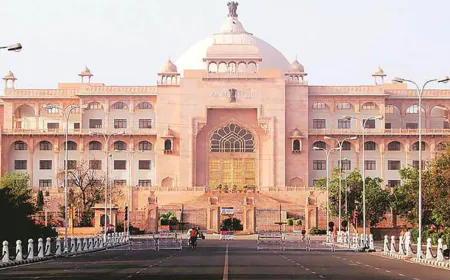






























.jpeg)














